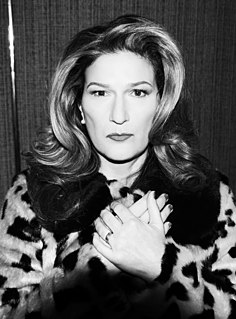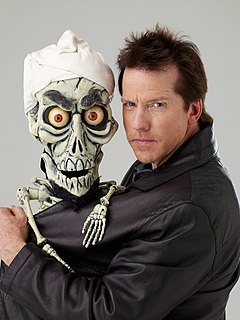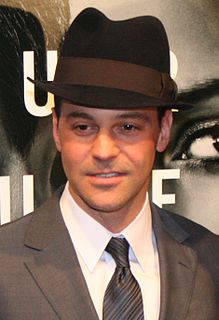A Quote by Adam Conover
In a live setting, the audience is trapped and can't leave. That really makes the audience be with you and laugh more because you're there.
Related Quotes
I only like the live audience. I don't even like to do standup where it's being filmed. Because it affects the way the audience responds to what you say, because it makes them uncomfortable. You have to perform in a light room, and I prefer a dark room. But I love to perform, and I don't really see myself doing any television at all.
We are a nation that has always gone in for the loud laugh, the wow, the yak, the belly laugh, and the dozen other labels for the roll- em-in-the-aisles gagerissimo. This is the kind of laugh that delights actors, directors, and producers, but dismays writers of comedy because it is the laugh that often dies in the lobby. The appreciative smile, the chuckle, the soundless mirth, so important to the success of comedy, cannot be understood unless one sits among the audience and feels the warmth created by the quality of laughter that the audience takes home with it.
Comedy can be more difficult than drama. It requires more attention to timing. In the theater, you're always dependent on the audience for the energy, but in comedy the feedback you get is more important. You can judge by the quickness and the length of the laugh just where you stand with the audience.
I don't think about the audience, I don't think about what makes them happy, because there's no way for me to know. To try to think of what makes for entertainment is a very Japanese thing. The people who think like this are old-fashioned. They think of the audience as a mass, but in fact every person in the audience is different. So entertainment for everyone doesn't exist
































